FAQs
What are the Paralympic Games?
The Paralympic Games or Paralympics is the largest international event for disabled athletes and societal change, and it is held in the same style as the Olympic Games.
What is the difference between the Paralympic and Olympic Games?
The Paralympic Games are held immediately following the respective Olympic Games, in the same host city and venues as the Olympic Games.
Who can compete in the Paralympic Games?
The Paralympic Games involves high performance Para athletes with a range of disabilities, including impaired muscle power, impaired passive range of movement, limb deficiency, leg length difference, short stature, hypertonia, ataxia, athetosis, vision impairment and intellectual impairment.
When are the next Paralympic Games?
The Milano Cortina 2026 Paralympic Winter Games will take place between 6 – 15 March 2026.
The next Paralympic Summer Games will be held in Los Angeles, from 15-27 August 2028.
Who is the most decorated New Zealand Paralympian?
Eleven-time Paralympic gold medallist and multiple World Champion, Paralympian #166 Sophie Pascoe has won a total of 19 Paralympic medals in Para swimming. This success has made Sophie the most decorated New Zealand Paralympian ever surpassing the record of 14 Paralympic medals attained by Eve Rimmer.
How many medals has New Zealand won at the Paralympic Games?
New Zealand has won a total of 245 Paralympic medals (210 summer and 35 winter). In the last Paralympic Games in Paris 2024, New Zealand secured 9 medals including 1 gold.
How did the Paralympics start?
Sport for athletes with an impairment has existed for more than 100 years, and the first sport clubs for the deaf were already in existence in 1888 in Berlin. It was not until after World War II however, that it was widely introduced. The purpose of it at that time was to assist the large number of war veterans and civilians who had been injured during wartime. In 1944, at the request of the British Government, Dr. Ludwig Guttmann opened a spinal injuries centre at the Stoke Mandeville Hospital in Great Britain, and in time, rehabilitation sport evolved to recreational sport and then to competitive sport.
On 29 July 1948, the day of the Opening Ceremony of the London 1948 Olympic Games, Dr. Guttmann organised the first competition for wheelchair athletes which he named the Stoke Mandeville Games, a milestone in Paralympic history.
The Stoke Mandeville Games later became the Paralympic Games which first took place in Rome, Italy, in 1960 featuring 400 athletes from 23 countries. Since then they have taken place every four years. New Zealand Paralympic Team first competed in Tel Aviv 1968.
What is the difference between Special Olympics and Paralympics?
Para athletes with an intellectual impairment can participate in the Paralympic Games. However, this includes only high performance Para athletes with intellectual disabilities diagnosed before the age of 18. All Para athletes must have a international classification status.
The Special Olympics World Games are open to all people with intellectual disabilities.
The Deaflympics include deaf athletes.
The Virtus Games are for elite athletes with an intellectual impairment. Virtus New Zealand is run by Paralympics New Zealand.
The Invictus Games are for wounded, injured or sick armed services personnel and veterans.
Is there Youth Paralympic Games?
No, there currently is no equivalent of the Youth Olympic Games for young Para athletes.
How do I become a Paralympian?
A Paralympian is a Para athlete who has competed at the Paralympic Games. Paralympian is a title for life, it is not removed after retirement.
To get started in Para sport, register your interest with Paralympics New Zealand. The most important thing when starting to explore Para sport is to get active and involved in the sport that motivates and interests you.
What is a Para athlete or a Para sport?
Para sport refers to all sport for athletes with an eligible impairment, whether they feature on the Paralympic Games programme or not. The International Federation must be recognised by the IPC and therefore operate under the IPC Athlete Classification Code.
A Para athlete is a person with an eligible impairment who participates in Para sport. Specifically, the term if used for athletes who have not yet competed at a Paralympic Games, or for amateur athletes.
What does Paralympic mean?
The word ‘Para’ formally derives from the Greek preposition ‘pará’ (“beside” or “alongside”) and thus refers to a competition held in parallel with the Olympic Games. The summer Seoul 1998 Paralympic Games held in Korea was the first time the term “Paralympic” came into official use.
What is the Paralympic Movement?
The Paralympic Movement encompasses all Para athletes and officials belonging to the NPCs, the IOSDs, the International Federations, the Regional Organisations, the IPC Regional Committees, the IOSD Sports, the IPC Sports, IPC Councils, IPC Standing Committees, other IPC bodies and any other organisations who agree to be guided by the IPC Constitution and Bylaws. The criteria for belonging to the Paralympic Movement is formal membership or recognition by the IPC.
How is Paralympics New Zealand funded?
Paralympics New Zealand is a charity and a third of our funding comes from the Government. The rest comes from commercial partners, grants from trusts and foundations, and from the generosity of the New Zealand public. There are several ways you can support PNZ. Through donations, payroll giving, a gift in your will, or by becoming a community fundraiser, you help make our Para sport, community and advocacy programmes possible.
When was Paralympics New Zealand formed?
In 1968, the New Zealand Paraplegic & Physically Disabled Federation was formed as the National Sports Organisation for people with disabilities, to enable an official team to represent New Zealand at the Paralympic Games in Israel. 15 Para athletes competed and returned with one gold, two silver and one bronze medals.
In January 2007, the New Zealand Paraplegic & Physically Disabled Federation changed its name to become Paralympics New Zealand. This was to gain greater public awareness and raise the profile of disability sport by focusing on its most prestigious event – the Paralympic Games.
Can disabled athletes participate in the Commonwealth Games?
Para athletes can compete in the Commonwealth Games in reduced event programme catering for a smaller number of Para athletes compared to the Paralympic Games.
Why are certain sports not included in the Paralympic Games?
The criteria established for the determination of sports, disciplines and events looks to achieve a programme that reflects diversity and the highest standards of athletic excellence whilst guaranteeing regional access for qualification and elite opportunities for all athletes, especially women and athletes with severe disabilities. Only events that meet the standards are considered for inclusion on the Paralympic Games Programme by the IPC.
What is the difference between PNZ and Halberg Foundation?
Paralympics New Zealand (PNZ) is the National Paralympic Committee (NPC) for New Zealand. Find out more here on this link.
The purpose of the Halberg Foundation is to enhance the lives of physically disabled New Zealanders by enabling them to participate in sport and recreation. The Halberg Foundation is a charitable organisation founded in 1963 by Olympic legend, Sir Murray Halberg ONZ, MBE on the belief that all people, regardless of their ability, should have equal opportunity to enhance their lives through sport and recreation. Since 1963, the Foundation has worked to make Sir Murray’s vision a reality for New Zealand’s physically disabled people. The Halberg Foundation has a team of Advisers around the country who connect physically disabled young people to sport and recreation opportunities, they also deliver an inclusion training course on adapting physical activity and assist clubs, schools and organisations to provide inclusive events and programmes. The Halberg Games is a three-day national sports competition for physically disabled young people.


























